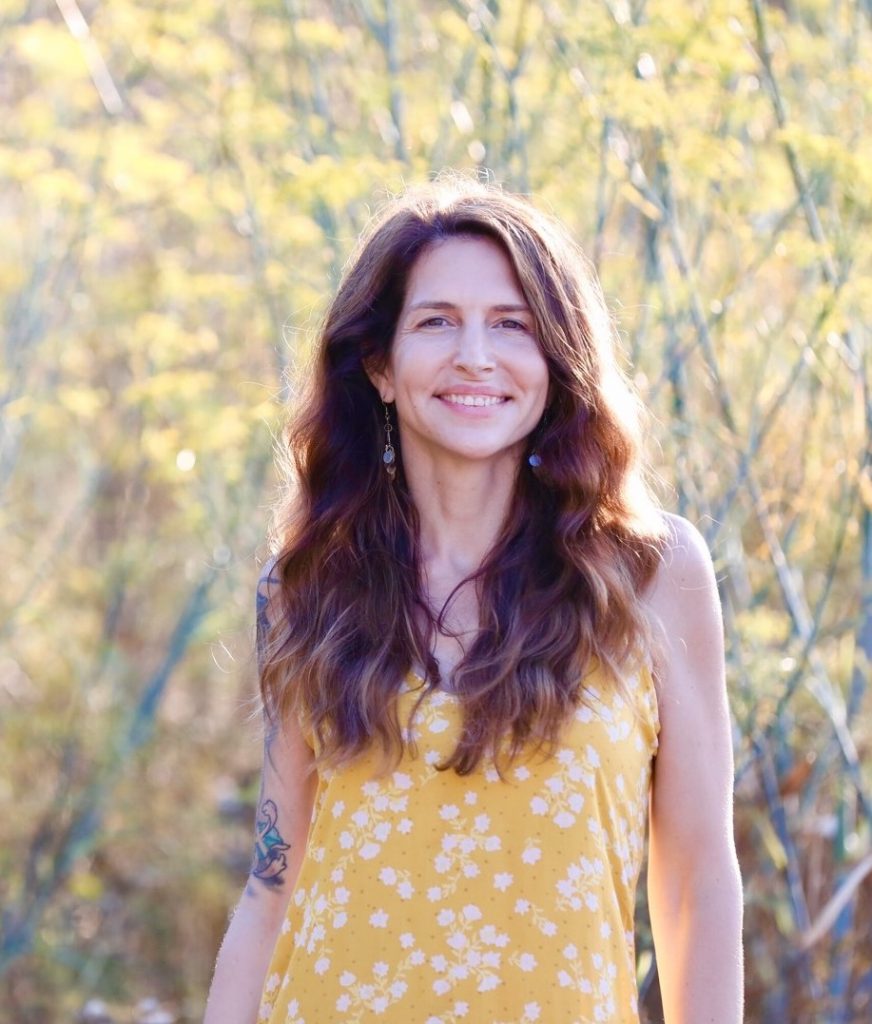It’s a part of our human experience to have defenses—though quite frequently, these defenses create problems for us. They change what we are able to get out of our relationships or what we are able to receive and develop in our lives, leaving us to wonder how we can work with them to be most productive in the way that is best for us.
Being defensive is a totally normal human response. However, often, if someone says you’re being defensive, the immediate reaction is to feel like you have done something wrong and should not be acting that way. In truth, that response is often the other person’s defense. If they call you out, then they have the upper hand.
The first step is just accepting the fact that it’s OK to be defensive. When you are, it is an opportunity to learn. Our defenses show us how we have been hurt or what needs of ours have not been met in the past, usually in our childhood and then even more throughout our lives afterward.
How and when we get defensive shows us how and why our defenses developed. They show us what it is that we need in order to better care for ourselves: underneath every defense is a lot of information about how we can actually grow and develop.
If you find yourself getting defensive in a situation, you can ask yourself, “What is it that I am afraid of?” (The “Biggest Fear” quiz on my website can help you get clarity about your greatest fears. See the end of this article for the link) In truth, we have an assortment of fears that lead to our being defensive, but as the quiz will show you, there are certain fears that are more intense than others. When we recognize what they are, we can do something about them.
For example, when we recognize that we have a need for safety or a fear of losing contact, being controlled or betrayed, we have gathered important information. We know that this has happened repeatedly in our life and is something that needs our attention.
If we have a need for safety, for example, the way to decrease our defense against this is to learn how to create safety for ourselves. That’s the healing step forward.
After we have cared for ourselves in this way, we ultimately transcend the problem and can truly be free. That\’s is how you heal from learning about and taking care of your defenses.
But to start the process, we must give ourselves what we need, regularly and consistently. If we engage in this deep level of self-care, we’ll be able to really heal from what has happened in the past. There are a number of different ways that we can attend to these wounds. We can learn to provide what we need for ourselves and we can learn how to receive it through the support of the people around us.
Once we are clear that we are being defensive, why we are being defensive, and then provide for that need, we’ll see ourselves getting softer, more open, and more flexible. Our strength will return to each situation that would have previously been challenging so that we’re able to respond in a way that is less defensive and more connective.
And, in the end, when we do this, it gives us more of what we want.
If you\’re curious to discover what is hidden behind your defenses, take my quiz!

